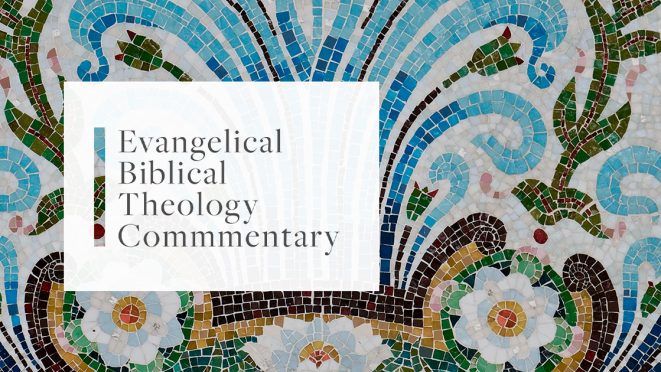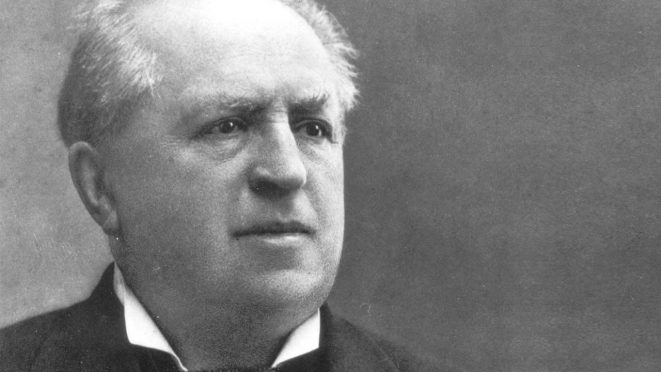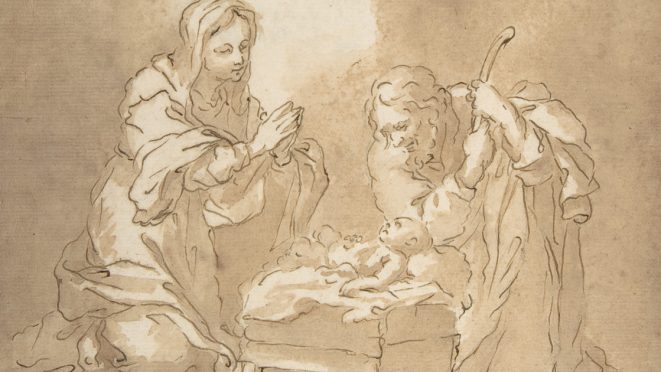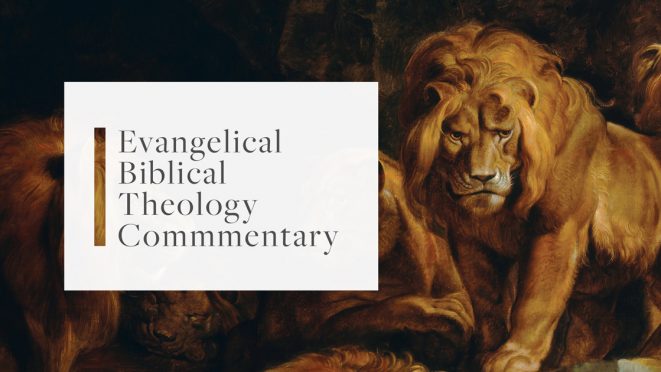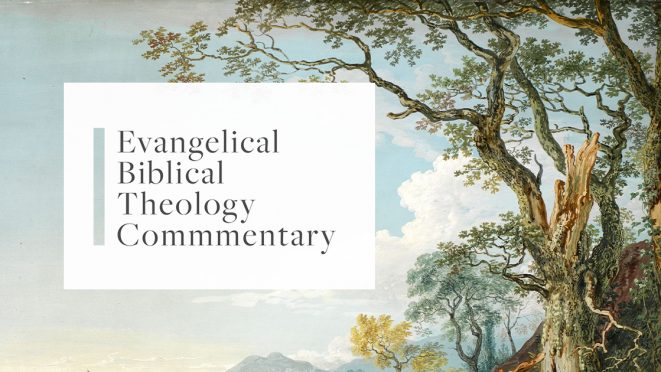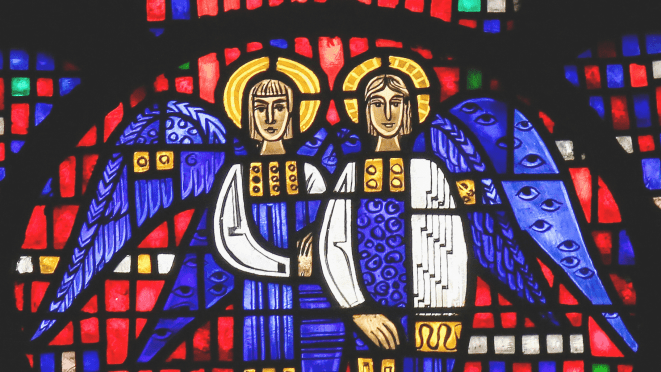Did Christ assume a fallen human nature? In Sinless Flesh, Rafael Nogueira Bello argues that Karl Barth’s assertion that Christ assumed a fallen human nature is at odds with faithful theological and historical understandings of the incarnation. In this interview with Bello, we discuss the nature and extent of Christ’s work in assuming a human
Read moreWhat Does a Biblical Theology Commentary Look Like?
The Evangelical Biblical Theology Commentary (EBTC) series locates each biblical book within redemptive history and illuminates its unique theological contributions. The books, stories, poems, letters, and laws in Scripture have unique theological themes. As you examine those ideas with the EBTC, you’ll see how they all come together to form a unified mosaic of God’s
Read moreContending with Abraham Kuyper’s Legacy
Abraham Kuyper’s life and work remain relevant, perhaps due to the seemingly perpetual ferment regarding the proper role of Christians in public life. The child of a Dutch minister and himself a clergyman who rose to the office of prime minister 1901–5, Kuyper is an example of a “walking public theology.” “Public” theology can be
Read moreHow Do We Make Sense of the Sinlessness of Christ?
Karl Barth’s accounts of the assumption of the fallen human nature of Christ, his sinlessness, and the communication of graces are beautifully interwoven in several maneuvers that keep his dynamic reading of the Bible alive. The God who is for us without reservation is in solidarity so that “sinlessness was not therefore His condition.” To
Read moreThe Clarifying Power of Biblical Theology
What is biblical theology and why study it? The most basic answer is that biblical theology is, in essence, the theology of the Bible, expressed through the biblical writers in their own historical contexts. Biblical theology is an attempt to understand and embrace the interpretive perspective of the biblical authors. Biblical theology is also the
Read moreIntroducing the Evangelical Biblical Theology Commentary Series
The Evangelical Biblical Theology Commentary (EBTC) series reveals how every passage in the Bible fits into God’s drama of redemption—and the role you play in his story today. Scholarly exegesis, biblical theology, and life application come together in a new commentary series on every book of the Bible. A divine plot told through human stories
Read more5 Reasons the Ascension of Jesus Is Neglected
Many Christians reflect often on how the resurrection impacts the everyday life of believers. Because Jesus lives, we will live too. But what about the ascension of Jesus? Is it a doctrine we return to? In the following excerpt from Patrick Schreiner’s forthcoming book, The Ascension of Christ: Recovering a Neglected Doctrine, we see five reasons
Read moreThe Task of a Modern and Confessional Theologian
What is the task of the theologian in his relationship to the old and new? Most basic to Herman Bavinck’s identity and conception of the theological task was the concept of Reformed catholicity. For Bavinck, Reformed catholicity provided both the logic and ethic to be a modern theologian engaging with the most current questions the
Read moreThe Ascension of our Priest and His Blessing
Installing the new priest The Old Testament gave instructions concerning the priestly cult, yet these were only shadows. In these images it became clear the priesthood was lacking––it could never make perfect. The priests served as flawed individuals for a flawed nation. They sacrificed in tents and temples with the blood of animals. They came
Read moreRe-read Familiar Doctrines with Ancient Eyes
The Pharisees are my friends and ancient Romans are my companions. This is because I’ve spent so much time in ancient literature. After doing a doctorate in rabbinic studies, it seemed that my New Testament had altered. It no longer contained obscure concepts and strange language—it was full of the concerns and terminology of my
Read more
